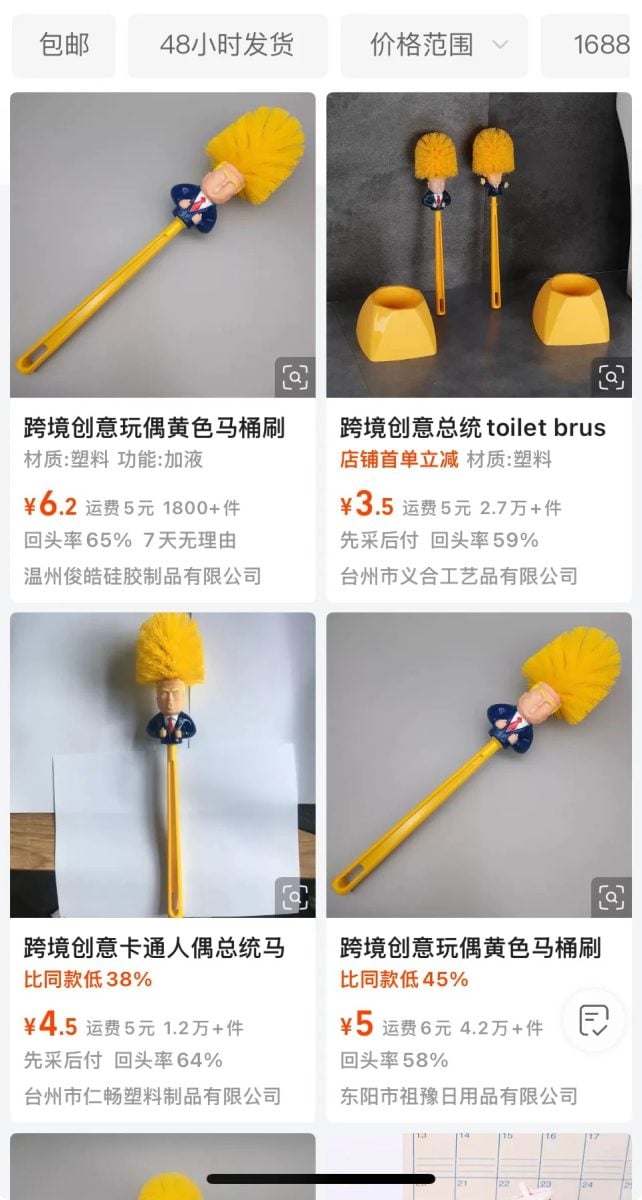A computer scientist from the University at Buffalo, New York, has come up with a unique way of keepting track of consumed calories. Instead of writing down every single meal you’ve eaten, you just put on a choker-style necklace that can determine your calorie intake based on the sounds you make when you chew!
The wearable tech device, known as AutoDietary, works on the simple idea that different foods make different sounds when chewed. So Wenyao Xu – the brains behind the innovative gadget – is currently creating a library that catalogs the biting, grinding, and swallowing sounds of different types of food. This library will be included in the app that supports the necklace Xu is developing in collaboration with researchers at China’s Northeastern University.

“There is no shortage of wearable devices that tell us how many calories we burn, but creating a device that reliably measures caloric intake isn’t so easy,” Xu explained. “People either forget or they tend to forget or they want to forget what they eat.”
“You can set up a threshold,” he added. “For example, I want to eat 2,000 calories a day. Once you have reached that, the threshold will send you a reminder.

AutoDietary is shaped like a necklace that fits snugly around the neck, allowing a tiny high-fidelity microphone to record sounds made while chewing and swallowing food. The recorded sounds are sent to the smartphone app via bluetooth, where they are compared against the database and identified. In a study conducted by Xu and his team, AutoDietary was able to correctly identify the food and drink consumed by test subjects 85 percent of the time.
The device does have its limitations. It cannot yet tell the difference between foods that are similar in texture and make similar sounds – like frosted corn flakes and regular corn flakes. And if the dish contains more than one ingredient, like soup or chili, it cannot determine the total calorific value. But Xu has plans to address all these issues by adding a biomonitoring device to complement AutoDietary. When the necklace detects that the user is eating a ‘general’ food, it will activate the biomonitoring technology, which will then measure calories through blood sugar levels and other indicators.

Despite the few drawbacks, there’s no denying that AutoDietary is a pretty neat concept. Not only can it gather and display dietary information on its app, it can also provide tips on eating healthier. Xu believes that it could be of great use to people with diabetes, obesity, bowel disorders, and several other disorders.
Photos: Wenyao Xu
Sources: University at Buffalo, VICE Motherboard






